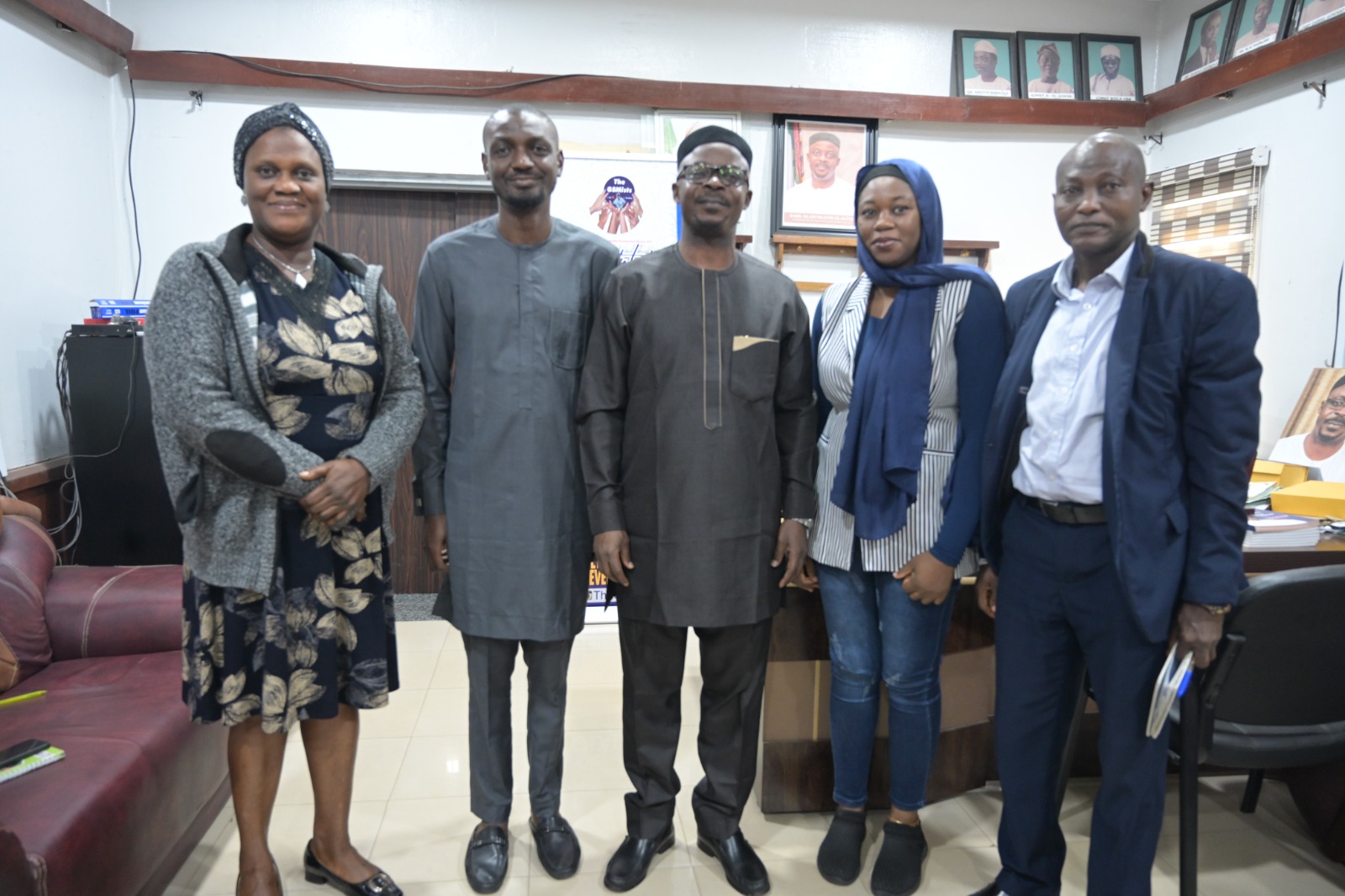The World Bank and ECOWAS will this year fund the production of two million broilers to reduce Ghana’s poultry imports – which are in excess of US$600million per annum.
The programme is being implemented by the West Africa Food System Resilience Programme (FSRP), aimed to increase local poultry production while striving for self-sufficiency in the sector.
The project implementer, FSRP, indicates it is currently finalising the review of submissions received under the auspices of ECOWAS, and successful poultry farmers will soon receive support to enhance production.
Approximately three hundred thousand Ghanaians are expected to directly benefit from the project, with over one million estimated as indirect beneficiaries of the US$150million ECOWAS project.
The five-year project addresses common natural phenomena affecting food production in the sub-region, aiming to strengthen food system risk management in collaboration with ECOWAS and the Ministry of Food and Agriculture (MOFA).
Ghana currently controls 15 percent of national poultry needs, with locals providing slightly in excess of 50,000 tonnes annually.
Providing an overview of the project, Mr. Philip Daniel Laryea, Operations Manager-FSRP, highlighted that local production is dominated by layers due to the presence of a substantial egg market – with spent layers also being sold.
However, broilers – ready within five to eight weeks, he explained – face challenges finding a market due to combination of factors, including stiff competition from imports.
“Even with broilers, farmers face challenges as the birds eat heavily without added value in terms of sales price when there is no off-taker by the eighth week,” he indicated.
Anchor Farmers
The project’s support is expected to be operationalised by large-scale commercial farmers (Anchor Farmers), who in turn will work with smallholder farmers.
This model, according to Mr. Laryea, will encourage Anchor farmers to market processed whole birds or packaged chicken parts instead of selling live birds.
Supplying inputs
The project aims to support beneficiary farmers with day-old chicks, feed and vaccines, covering a substantial amount of the production cost.
Potential beneficiaries, according to the FSRP, must demonstrate capacity to process and market the birds to qualify for support.
The initiative is expected to increase broiler production and lead to market availability. Applicants demonstrating processing capacity have the opportunity to apply for assistance to expand or establish mechaniSed processing facilities under the FSRP’s Matching Grant Scheme.
Each batch of beneficiaries will receive support for three years, with farmers repaying part of the support at each year-end while retaining remaining amounts as a subsidy (percentages yet to be agreed upon) plus their profits.
The FSRP added it will continue implementing a combination of adaptive, innovative and sustainable interventions to bolster the resilience of vulnerable households, families, farmers and communities against uncertainty and shocks in food production and supply in the sub-region.
Source: thebftonline.com














